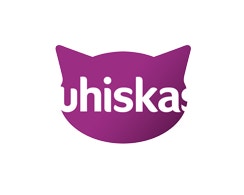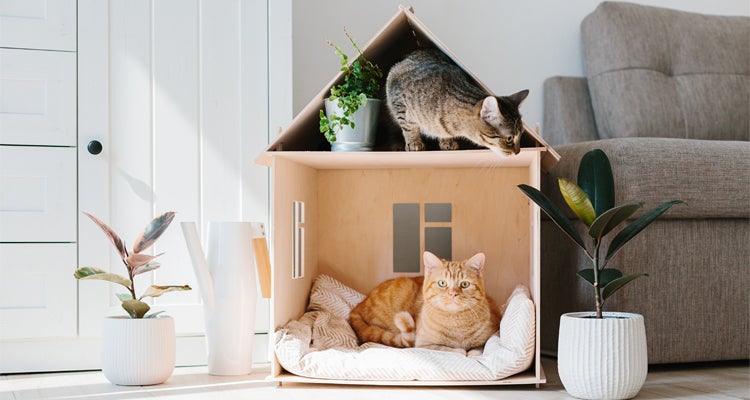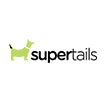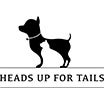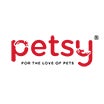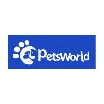
Dog food or homemade food does not meet a cat’s nutritional requirements and is best avoided. Instead opt for packaged cat food specially formulated for your cat.
- Cats require unusually high levels of protein in their diets as well as other unique nutrients. All these nutrients are available only in meat but don't give her uncooked meat or let her eat human food. It’s bound to be too rich, or even toxic, for her.
- Cats need high quality, well-balanced cat food in the right amount to maintain optimum body weight and condition and home food, unless formulated by a vet, does not meet all her needs.
- You have the choice of feeding her only dry cat food or wet food or a mix of both. Gravy based meals like WHISKAS® Wet pouches are particularly palatable and cats love it.
Does my cat need milk?
Contrary to popular wisdom, cats do not need milk with their food - but make sure to provide plenty of water. As the age of the cat advances, their ability to digest milk reduces and cow milk can cause loose stools and digestive disturbances
What to keep in mind whilst feeding
- Make sure your cat has her own feeding and water bowls and that they’re cleaned after each meal. Cats don’t like to eat from dirty dishes.
- Ensure fresh, clean water is always available.
- Stick to the same food. Changing it suddenly or repeatedly can upset her delicate stomach. If you do have to change her diet, introduce the new food gradually, a little at a time.
- Never leave her food bowl near her litter tray – cats don’t like to eat where they go to the toilet.
